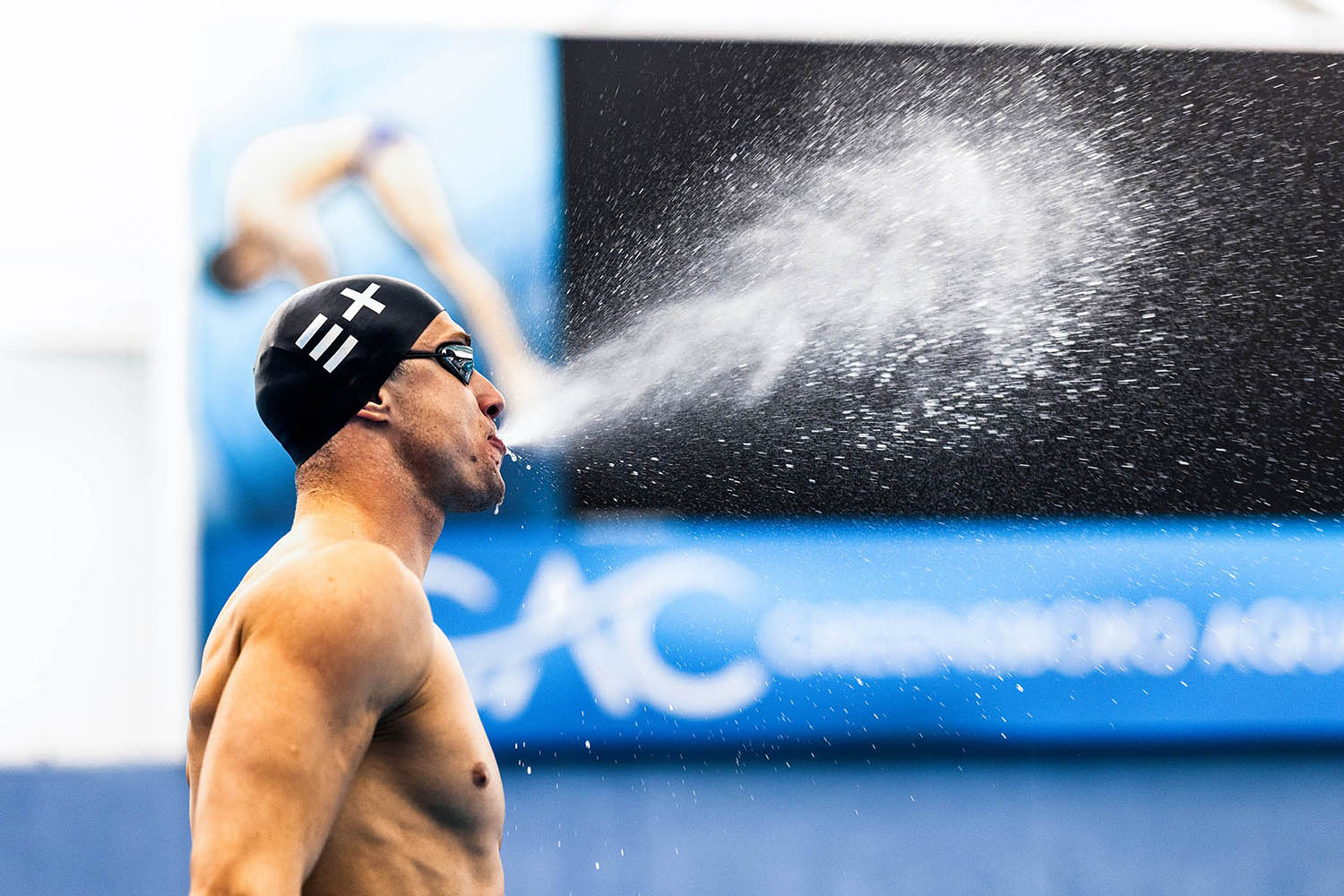Sebastian Coe may have glibly dismissed the Enhanced Games as “bollocks”, but the confirmation that the “steroid Olympics” will be staged in May 2026, in a casino hotel in Las Vegas, should fire a fusillade of warning shots over the embattled anti-doping movement.
The Enhanced Games, brainchild of venture capitalist and tech entrepreneur Aron D’Souza, rejects Corinthian values and embraces drug-fuelled sport. It is a shot in the arm for those who believe that there is no longer any point in battling to arrest the medicalisation of professional sport and that we should let them all take whatever they want, whenever they want, whatever the consequences.
“We live in a world transformed by science – from vaccines to AI,” said D’Souza. “But sport has stood still. We’re not updating the rulebook – we’re rewriting it. And we’re doing it safely, ethically and boldly.”
Investors in the Enhanced Games include Peter Thiel, founder of PayPal, and Donald Trump Jr, son of the American president. The Enhanced Games claims that it will promote “the use of science” and “ensure fair compensation for athletes”.
But American anti-doping czar Travis Tygart, who claimed recently that anti-doping was at its “lowest point” in 25 years, told The Observer that it was “a shame that athletes might be drawn to the Enhanced Games to find money and a level playing field”.
‘It’s time to fix the system and ensure safe, fair sport for all’
‘It’s time to fix the system and ensure safe, fair sport for all’
Travis Tygart of USADA
Tygart, CEO of Usada, the anti-doping organisation of the event’s host nation, stated that the staging of the Enhanced Games, between 22-24 May next year, should act as a “wake-up call to the guardians of Olympic values”.
“It’s time to step up and fix the World Anti-Doping Agency [Wada]system and ensure safe, fair and worthwhile sport for all,” he said.
Meanwhile, the reaction of some within sport’s corridors of power to the launch of the drug-friendly event has been flatly dismissive. “It’s not going to be a page-turner is it?” said Coe, the president of World Athletics. “I really don’t get sleepless nights about it.”
Admittedly, the prospect of a doped-up global sporting event featuring just three disciplines – track and field, swimming and weightlifting – is a little underwhelming.
Given recent doping scandals in swimming and athletics, many cynics might ask: “How can you tell the difference?”
Newsletters
Choose the newsletters you want to receive
View more
For information about how The Observer protects your data, read our Privacy Policy
“Individuals who are adults, with free and informed consent, should be able to do to their bodies what they wish,” D’Souza said. “My body, my choice. Your body, your choice.”
But this is a position that ignores the fact that a doping-friendly environment leaves those who wish to compete clean with no choice at all.
D’Souza has previously made comparisons between “enhanced” athletes and past cultural bias towards being gay 50 years ago. “It’s stigmatised, it’s marginalised, it’s illegal in some senses,” he said.
Ethics aside, D’Souza neglects some key points: many athletes still adhere to clean competition; not all athletes respond in the same way to “enhancement”, or medicalisation; there is a potential for trickle-down into amateur and even school sport. There are also increasing connections between a “win-at-all-costs” culture and post-career addiction.
Only last week in The Observer, former Olympic gold medallist and Tour de France winner Bradley Wiggins revealed his battle with addiction. He is far from the first, with multiple other former athletes having battled with substance abuse issues in their retirement.
However, D’Souza has opportunistically stepped into a void left by the failures of anti-doping agencies to catch and convict cheats due to inadequate resources, the growing power and wealth of superstar athletes, and the ability of lawyers to drive a truck through the legal durability of anti-doping rule violations.
There have been anti-doping successes, but there is no doubt that the lines between “clean” and “dirty” have become blurred. The prolific use of TUE’s — therapeutic use exemptions that effectively allow athletes to take banned products and continue to compete — have been a disaster for public credibility.
Meanwhile, the war of words between Wada and Usada continues. Tygart, fiercely critical of Wada over its handling of 23 Chinese swimmers who tested positive for banned heart drug trimetazidine, or TMZ, before the 2021 Olympic Games, said: “Wada is using the Enhanced Games as a distraction from fixing the global anti-doping system that it broke.”
A statement from Wada said: “Wada, supported by the vast majority of the global anti-doping community, is criticising the Enhanced Games because it goes against all ideals of clean sport and puts the health of athletes at risk.
“The fact it is taking place in the United States is incidental to Wada, but should be of grave concern for Mr Tygart and Usada. Clearly, it is he who is attempting to deflect. Rather than taking aim at those who stand against the Enhanced Games, Usada is urged to do everything it can to shut down this irresponsible and potentially dangerous event that is happening in its own back yard.”
Photograph by Kerrigan Zambrana

